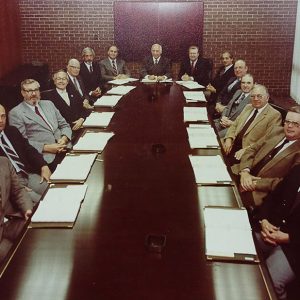 CNB Board of Directors
CNB Board of Directors
Entry Category: Hempstead Leaders
 CNB Board of Directors
CNB Board of Directors
Cross, Edward
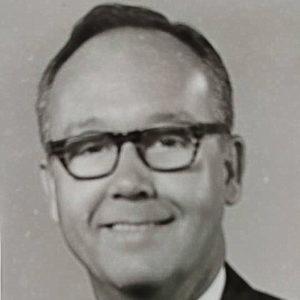 George Frazier
George Frazier
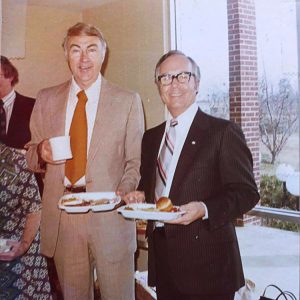 George Frazier and Haskell Jones
George Frazier and Haskell Jones
Frazier, George Thomas
Gantt, Edward W.
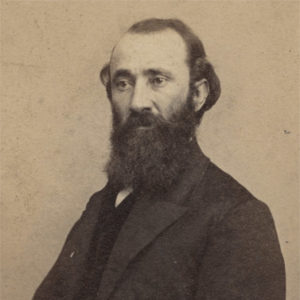 Edward Gantt
Edward Gantt
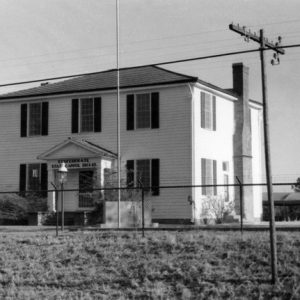 Hempstead County Courthouse
Hempstead County Courthouse
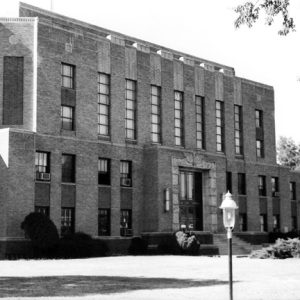 Hempstead County Courthouse
Hempstead County Courthouse




